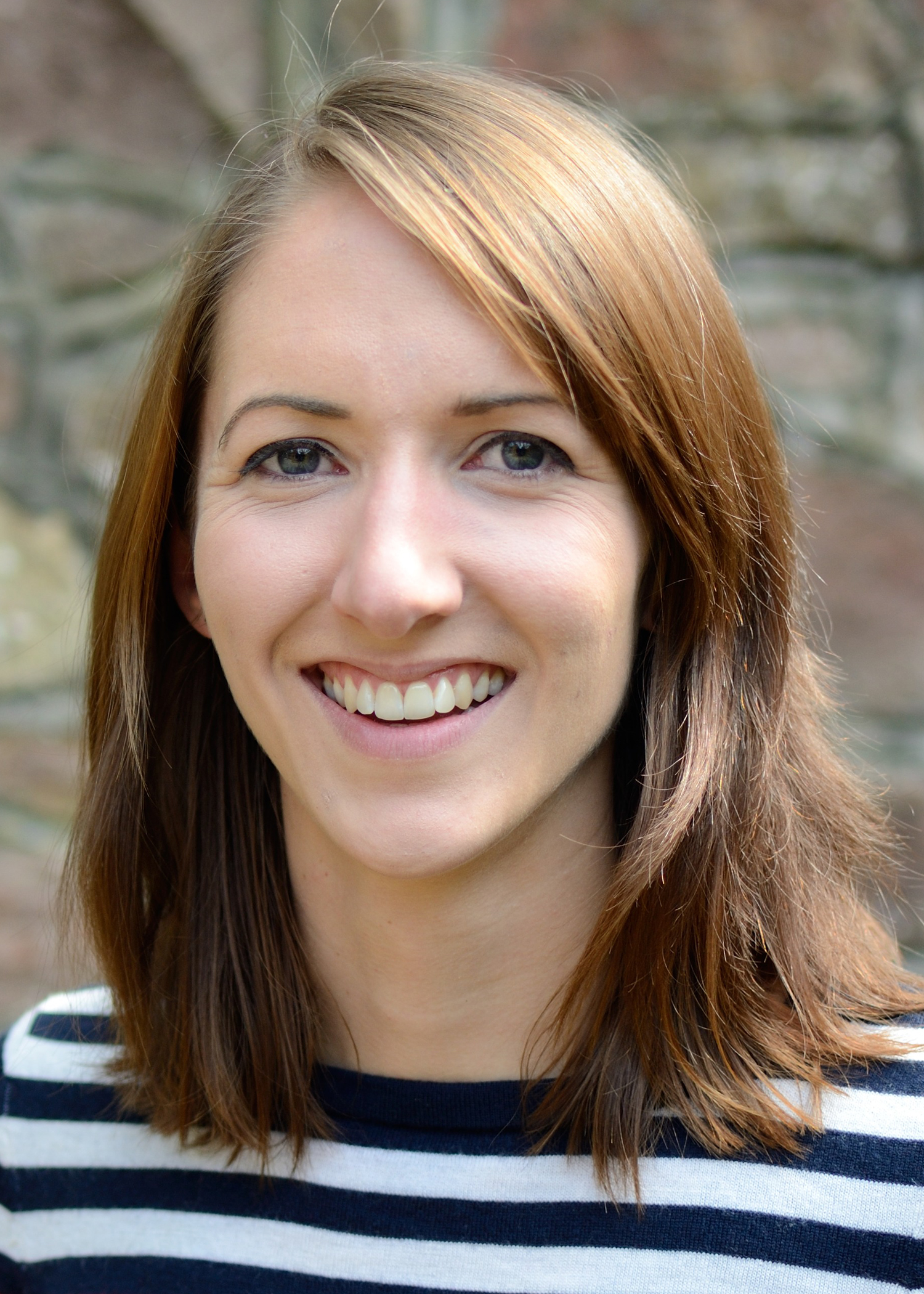For example, visual art and music have been introduced into previously minimalist and sterile spaces to improve the quality of healthcare environments; and creative activities have been used therapeutically to boost patients’ physical, mental and emotional wellbeing. Art in its various forms has also been used to teach medical students specific skills such as communication, observation and empathy.
A grant from the Elizabeth Blackwell Institute (EBI) allowed Dr Victoria Bates, Lecturer in Modern History at the University of Bristol, to visit archives in North America and Europe that document the role of art in healthcare and medical education over the last century. The scheme concerned supports recently appointed researchers at Bristol in applying for a Wellcome Trust Investigator Award.
As part of this initial research, Dr Bates identified resources and assessed their relevance as well as building networks in three interconnected areas:
- history of art in hospitals;
- history of arts therapies;
- use of the arts in medical education.
In some locations, such as Penn State University and Washington DC, she was able to complete her studies; in others, for example the University of Texas, the UNESCO archive in Paris, and several archives in London, she discovered extensive materials requiring further research. As part of this project, she also set up a collaboration with Southmead Hospital – involving a walking tour of hospital arts/health and a hospital soundscape – and networked with Wellcome Trust archivists.
